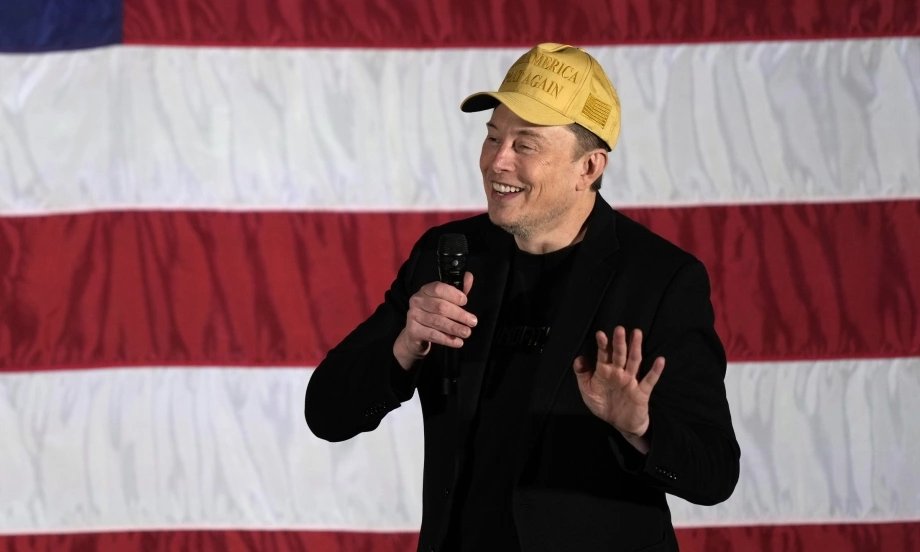In an unprecedented twist in the tech world, OpenAI—the artificial intelligence powerhouse behind ChatGPT—has launched a countersuit against Elon Musk, accusing the billionaire entrepreneur of hypocrisy, deceit, and manipulation. Once considered one of OpenAI’s most influential backers and co-founders, Musk is now being painted as a disruptor of the organization’s vision. This legal confrontation is more than just a courtroom clash; it’s a battle of ideologies, corporate ethics, and control over the future of artificial intelligence.
### Background: Musk and OpenAI—Once Partners, Now Adversaries
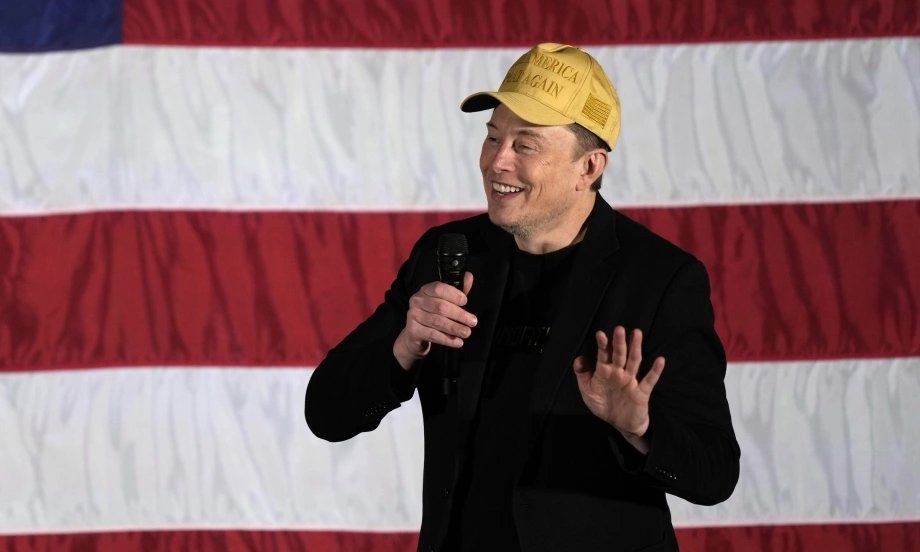
To understand this legal drama, it’s crucial to revisit the origin story. Elon Musk co-founded OpenAI in 2015 with the goal of ensuring that artificial general intelligence (AGI) would benefit humanity as a whole. With a vision rooted in transparency and non-profit governance, OpenAI positioned itself as a counterweight to tech monopolies potentially weaponizing AI.
However, tensions emerged in the following years. Musk reportedly wanted more control over the company and its strategic direction. When the rest of the board rejected this, Musk parted ways with the organization and distanced himself from its core projects.
Fast forward to today, and OpenAI is firing back—not only to defend its integrity but also to expose what it claims is Musk’s disingenuous behavior.
### The Core of the Countersuit
In its countersuit, OpenAI alleges that Elon Musk is misrepresenting his involvement and motivations surrounding the company’s transition from a non-profit to a capped-profit model. The organization contends that Musk is now distorting the narrative for personal or competitive reasons, particularly as he develops his own AI company, **xAI**.
According to court documents, OpenAI’s legal team argues that Musk was well aware of and supported the transition to a capped-profit structure when it was introduced. The complaint includes emails, meeting transcripts, and internal memos that allegedly show Musk’s approval of these structural changes.
### Accusation of Hypocrisy
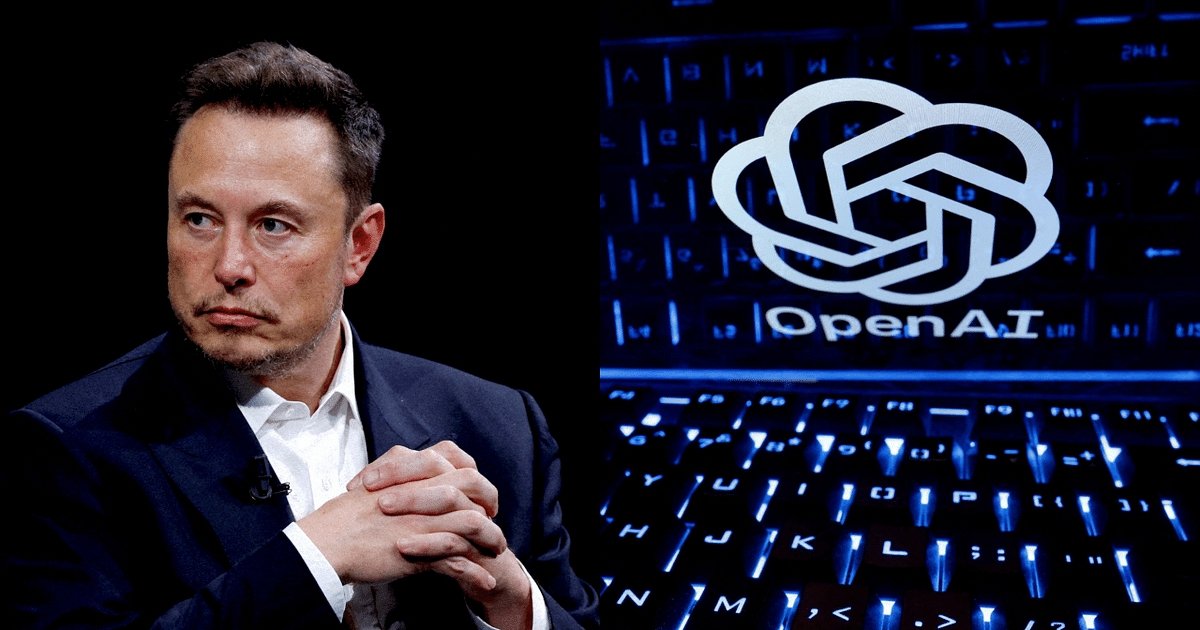
One of the most explosive allegations made by OpenAI is that Musk is being “fake”—accusing the Tesla and SpaceX CEO of moral posturing. OpenAI’s lawyers claim that Musk’s criticism of the company’s commercialization and partnership with Microsoft rings hollow, given his own capitalist ventures.
They point out that Musk, who once argued for the responsible democratization of AI, is now building a competitive platform with proprietary interests. OpenAI alleges that Musk is attempting to sabotage their credibility while mimicking their model behind the scenes.
“His statements are inconsistent with his previous actions and private support of our strategic pivots,” reads a particularly damning section of the lawsuit.
### Musk’s Motivations Under the Microscope
The lawsuit further speculates on Musk’s intentions, suggesting that his attack on OpenAI may be rooted in envy, rivalry, or a desire for control. Some insiders have suggested that Musk was frustrated with OpenAI’s rise to fame following the viral success of ChatGPT and the company’s partnership with Microsoft, which reportedly reached a multi-billion-dollar valuation.
OpenAI posits that Musk is using his celebrity status and social media following to launch a smear campaign—one that aligns conveniently with the launch of xAI, his competing venture. The timing, the organization argues, is more than suspicious—it’s strategic.
### Microsoft and the Commercialization Controversy
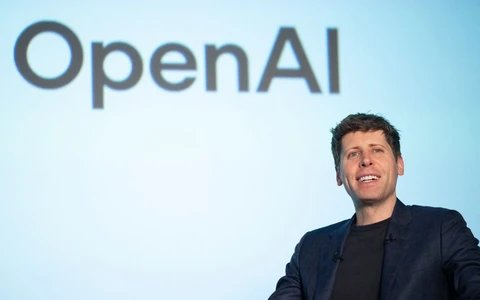
One of Musk’s primary grievances, according to his original lawsuit, is OpenAI’s close relationship with Microsoft. He has argued that this contradicts the company’s original mission to serve humanity, not corporations.
But OpenAI’s countersuit insists that the partnership with Microsoft is both limited and structured to fund the enormous computational costs of training advanced AI systems. The company reaffirms that its capped-profit structure ensures that no partner, including Microsoft, can profit excessively or steer OpenAI’s moral compass.
“Microsoft has no seat on our board, no special influence over our research direction, and no control over our governance,” the organization asserts.
### The Ethics of AI Governance
At the heart of this legal feud lies a more philosophical debate: Who should control artificial general intelligence, and under what ethical framework?
OpenAI claims it remains committed to its mission of safe and broadly beneficial AI. The lawsuit includes a defense of the company’s efforts to maintain transparency, safety measures, and accessibility, even as it scales globally.
Meanwhile, Musk has framed OpenAI as having “gone rogue”—a company that abandoned its founding values in favor of commercial gain. This paints a stark contrast between two different models for AI development: one publicly accountable and mission-driven (as Musk originally envisioned) and one that accepts private funding to drive faster innovation (as OpenAI now argues is necessary).
### Public Reaction and Tech Industry Impact
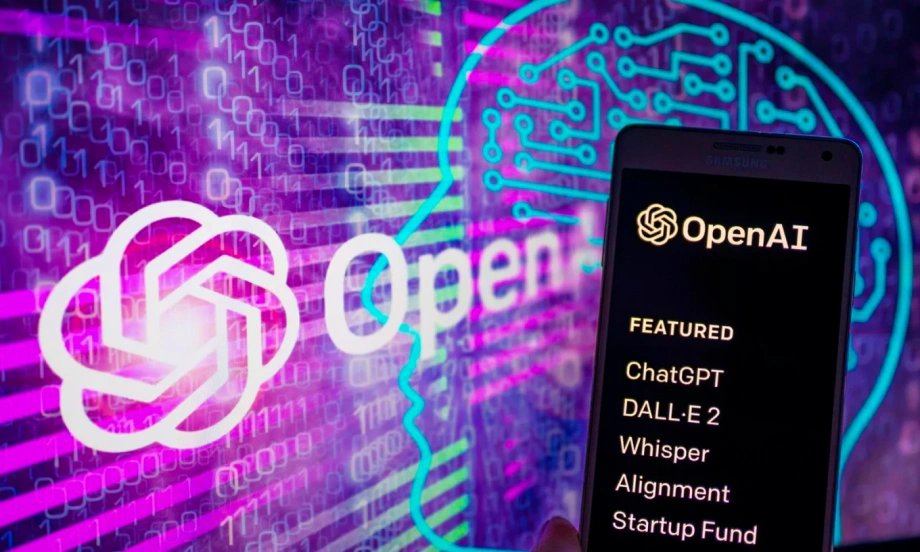
The legal battle has generated widespread discussion across the tech community. Some analysts view OpenAI’s countersuit as a bold attempt to reclaim its narrative and push back against Musk’s growing influence. Others worry the dispute signals deeper fractures within the AI sector—fractures that could slow progress or undermine public trust.
Social media, as expected, has turned into a battlefield of opinions. Musk’s loyal followers have rallied behind his call for “open” AI, while many AI ethicists and developers are voicing support for OpenAI’s need to evolve in order to sustain its mission.
### Legal Experts Weigh In
Legal experts are calling this one of the most significant corporate countersuits in the tech sector in recent memory. The combination of high-profile personalities, emerging technologies, and moral undertones makes this more than just a commercial dispute.
“If even half of OpenAI’s claims are proven, it could damage Musk’s credibility in the AI space,” says Victoria Greene, a legal analyst and tech industry observer. “But at the same time, if Musk can demonstrate that OpenAI strayed too far from its original purpose, it could hurt their image just as badly.”
### The Future of xAI and Competitive Tensions
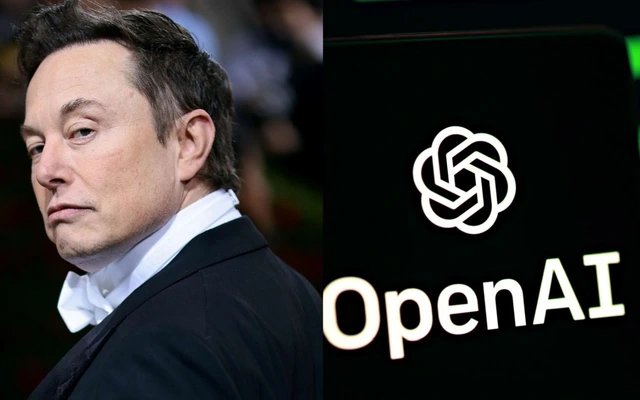
Elon Musk’s new AI venture, xAI, is viewed by many as the catalyst behind this legal eruption. The company has already unveiled ambitious goals to develop “truth-seeking” AI, presenting itself as a transparent and open alternative to what Musk now frames as “corporate AI.”
OpenAI’s countersuit warns that Musk’s rhetoric may be less about ethical disagreement and more about positioning xAI for market disruption. They accuse him of using litigation as a marketing stunt and question the sincerity of his calls for transparency and democratic access.
### Can Trust Be Restored?
With so much at stake, the question remains: can OpenAI and Elon Musk ever reconcile their visions for the future of AI?
Most experts are doubtful. The bridge appears burned, and both parties are moving in divergent directions. OpenAI continues to refine ChatGPT and expand its partnerships globally. Musk, on the other hand, is doubling down on creating what he calls “real” open-source AI systems.
Regardless of the legal outcome, this feud has already reshaped the conversation about AI governance, trust, and accountability.
### Conclusion: More Than a Lawsuit
The legal clash between OpenAI and Elon Musk is not just about past grievances—it’s a preview of future battles in artificial intelligence. It illustrates the complexity of balancing innovation with ethics, profit with purpose, and leadership with collaboration.
OpenAI’s countersuit portrays Musk as a once-loyal backer turned opportunistic competitor, using misrepresentation and influence to disrupt a cause he once championed. Whether the courts will agree remains to be seen, but one thing is certain: the outcome of this case will reverberate through the tech world for years to come.
As AI continues to evolve at a breakneck pace, the need for clear governance, ethical integrity, and aligned incentives becomes ever more critical. And in the shadows of courtrooms and headlines, the future of intelligence—human and artificial alike—hangs in the balance.
